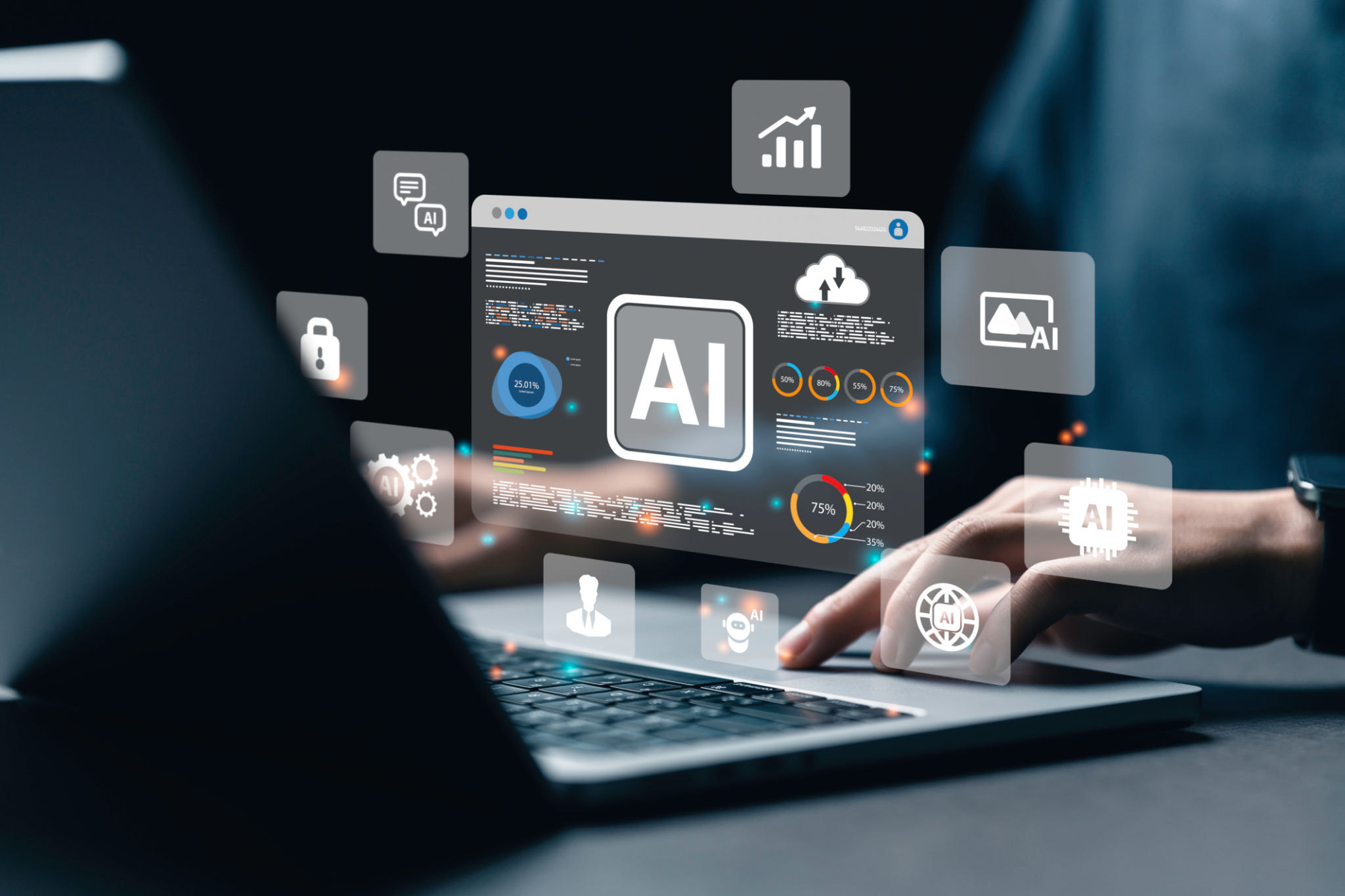Maximizing Procurement Efficiency with AI: A Step-by-Step Tutorial
Understanding AI in Procurement
Artificial Intelligence (AI) is revolutionizing the procurement landscape by enhancing efficiency, reducing costs, and streamlining processes. By leveraging AI technologies, businesses can automate routine tasks and gain valuable insights from data, leading to more informed decision-making. In this tutorial, we will explore how to maximize procurement efficiency using AI, step by step.

Identifying Key Areas for AI Integration
The first step in maximizing procurement efficiency is identifying areas where AI can make the most impact. These typically include:
- Supplier Selection and Management
- Contract Management
- Purchase Order Processing
- Spend Analysis
By focusing on these areas, businesses can harness AI to automate complex processes, leading to significant time and cost savings.
Step-by-Step Guide to Implementing AI in Procurement
Step 1: Define Clear Objectives
Before implementing AI, businesses must define clear objectives. Determine what you want to achieve—whether it’s reducing costs, improving supplier relationships, or streamlining processes. Having a clear vision will guide the AI integration process and ensure alignment with business goals.

Step 2: Choose the Right AI Tools
Selecting the right AI tools is crucial for successful implementation. Consider platforms that offer robust analytics, automation capabilities, and integration with existing procurement systems. Popular options include AI-powered procurement software that supports predictive analytics and automated workflows.
Step 3: Data Collection and Preparation
AI systems rely heavily on data to function effectively. Therefore, collecting and preparing high-quality data is essential. Ensure that your data is clean, accurate, and well-organized. This will enable AI tools to provide reliable insights and make informed decisions.

Step 4: Training and Development
Training your team is a critical component of implementing AI in procurement. Provide comprehensive training sessions to familiarize them with new technologies and processes. This step ensures that your team is equipped to leverage AI tools effectively and maximize their potential.
Monitoring and Evaluation
Once AI has been implemented, continuous monitoring and evaluation are necessary to measure success and identify areas for improvement. Regularly assess the performance of AI tools against your defined objectives. Gather feedback from your team to understand any challenges they face and make necessary adjustments.

The Future of AI in Procurement
The integration of AI in procurement is not just about automating tasks; it’s about transforming the entire procurement process. As technology evolves, we can expect even more advanced capabilities that will further enhance efficiency. Embracing these innovations will position businesses at the forefront of their industry.
In conclusion, maximizing procurement efficiency with AI involves a strategic approach that starts with defining objectives, choosing the right tools, preparing data, training staff, and ongoing evaluation. By following these steps, businesses can unlock the full potential of AI in their procurement operations.
